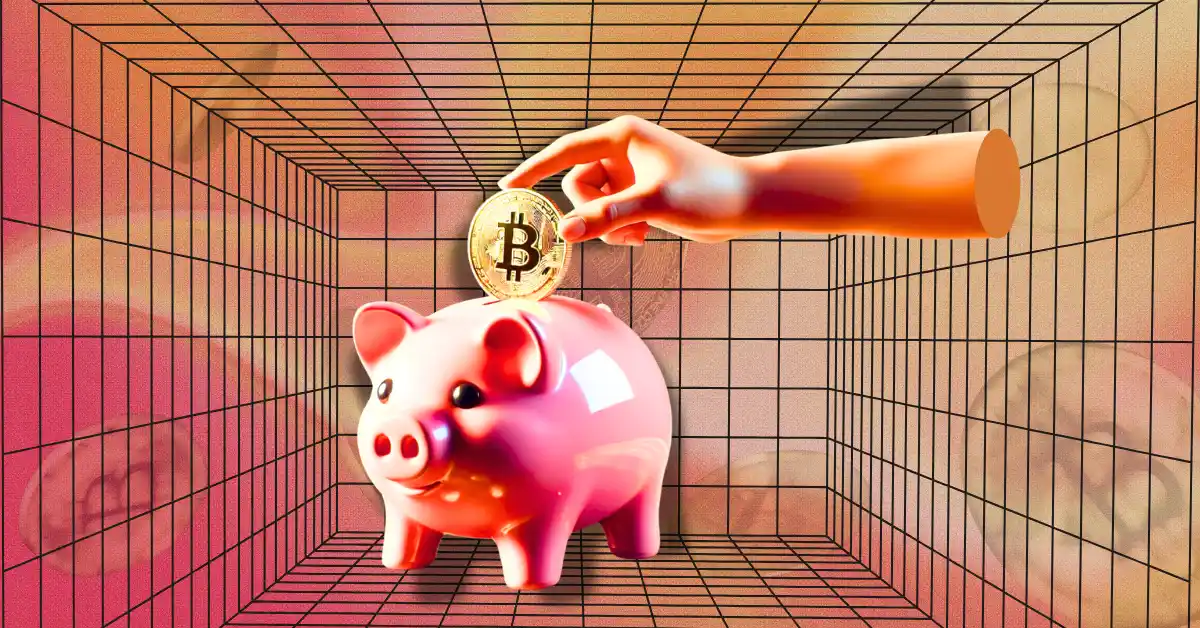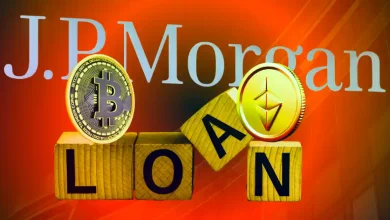
Czech central bank exploring investing 5% of reserves (€7 billion) in Bitcoin, sparking debate.
ECB President Lagarde rejects Bitcoin as a reserve asset, citing its shortcomings.
Despite volatility concerns, the Czech governor, with an investment banking background, sees potential profitability in Bitcoin.
The Czech National Bank (CNB) has proposed a bold plan to invest a portion of its reserves in Bitcoin (BTC), but Governor Aleš Michl’s move has drawn mixed reactions. With €7 billion — about 5% of the CNB’s international reserves — potentially being invested in Bitcoin, this idea has sparked debate, particularly among central bankers across Europe.
European Central Bank President Christine Lagarde has strongly opposed the idea of central banks in the eurozone adopting Bitcoin as a strategic reserve asset. Lagarde pointed out that Bitcoin doesn’t meet the key criteria for an asset to be considered suitable for a central bank’s reserves.
Michl Acknowledges Bitcoin’s Risk
Despite this criticism, Governor Michl has stood by his proposal, openly acknowledging Bitcoin’s extreme volatility. He noted that its value could either drop to zero or rise to extraordinary levels.
“Of course, if you compare my position with other bankers, then I’m the one entering the jungle, or the pioneer. I used to run an investment fund, so I’m a typical investment banker, I would say, I like profitability,” Michl noted.
While many European bankers remain skeptical, the crypto community is backing Michl’s proposal. Supporters argue that adopting Bitcoin as a reserve asset would help position the Czech National Bank as a leader in finance.
A Global Shift Towards Digital Assets
The Donald Trump administration has triggered a potential revolution for the United States through the use of emerging technology led by blockchain and artificial intelligence. Already, 22 states in the United States have introduced a bill to diversify their reserves in Bitcoin, thus front-running the federal government.
As more institutional investors warm up to Bitcoin, it’s also becoming a topic of interest for central banks worldwide. With major financial institutions adding Bitcoin to their portfolios, central banks are starting to consider how digital assets might fit into their own reserve strategies.
El Salvador Remains a Key Example
El Salvador, despite facing opposition from the International Monetary Fund (IMF), has made significant progress with its Bitcoin strategy. The country’s decision to adopt Bitcoin as legal tender and integrate it into its economy sets an example of how Bitcoin could play a key role in national reserves in the future.








